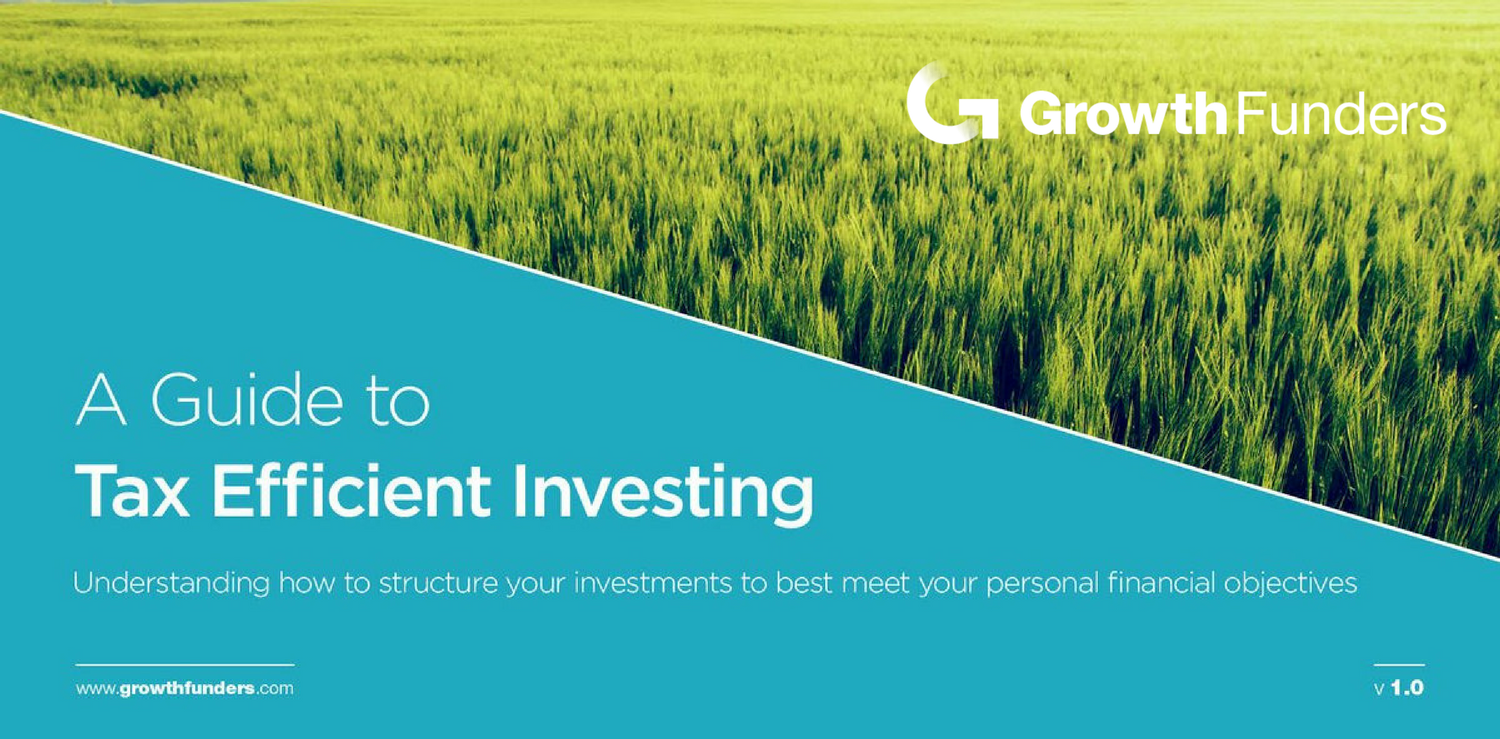The Budget 2015: 'Help to Grow' initiative and changes to EIS and SEIS tax incentives
Update: further to the 2017 Autumn Budget being announced, we published a blog post looking at the impact on property and homebuilders, tax efficient investing (specifically the EIS), and Angel investors.
With the day of the general election drawing nearer, all eyes were on chancellor George Osborne as he unveiled his 2015 Budget.
Aside from the abolition of annual tax return and a freeze on wine duty, the chancellor outlined plans for a new programme which will aid growth by delivering up to £100million to businesses which are focused on growth.
Help to Grow
“Help to Grow” promises to provide smaller companies with loans of between £500,000 and £2million each. The idea is that the injection of capital and support supplied by the pilot initiative will help growing businesses to “achieve their potential” as they carry out expansion plans.
Speaking on the announcement, Keith Morgan, CEO of British Business Bank, said: "We know from British Business Bank research that almost half of UK firms (around 46% per cent) want to expand this year yet there is a market gap for smaller businesses seeking finance in the £500,000 to £2m range.
“Growth Loans has been designed to target that market failure in access to finance – we estimate as many as 500 businesses a year might be suitable for a Growth Loan […which] should enable a range of new ideas and approaches that work both for finance providers and the dynamic high-growth smaller businesses that need this essential finance.”
During a pilot run of the “Help to Grow” scheme, for which British Business Bank have published a Request for Proposals, it is hoped that at least £100million of lending capital will be generated using alternative methods:
-
funds which enable co-investment between private and public money
-
funds which would invest private money.
Under the pilot, owners of high growth businesses and investors will have the option of debt finance with equity elements or unsecured junior debt.
Amendments to EIS and SEIS
During the Budget speech, George Osborne also announced amendments to the Enterprise Investment Scheme (EIS) and Seed Enterprise Investment Scheme SEIS, as well as to Venture Capital Trusts (VCTs), which have been introduced in order to “ensure that the UK continues to offer significant and well-targeted support for investment into small and growing companies, in line with new EU rules”.
As three of the most tax efficient investment methods, EIS, SEIS, and VCTs have played a significant role in kick-starting growth in the UK economy through encouraging investment in start up, early stage, and more established businesses. So much so, in fact, that the originally-temporary Seed Enterprise Investment Scheme was announced as a permanent fixture in last year’s Budget.
Bruce Macfarlane, managing partner of MMC Ventures said, “I welcome the government’s continued backing for UK enterprise and investment, and especially the ongoing support for the enterprise investment scheme. The government clearly believes that EIS and VCTs are working as they are also applying that model in the social investing space.”
One of the most interesting amendments was that the requirement that 70% of funds raised under SEIS must have been spent before EIS or VCT funding can be raised has now been removed.
Nick Halstead, CEO of DataSift welcomed the changes, saying, “It’s great to see the Seed Enterprise Investment Scheme and Enterprise Investment Scheme being updated […] It takes a lot of time and effort to raise funding and being able to secure investment concurrently means management teams can spend more time doing what they should be doing – running and building a successful business.”
Other changes to EIS, SEIS, and VCTs are:
-
the introduction of a cap of £15million on the total investment amount small companies would be able to receive from tax-advantaged venture capital schemes,
-
an increase in the maximum employee limit for “knowledge-intensive” companies from 249 to 499 employees,
-
the requirement that companies must be less than 12 years old when receiving their first EIS or VCT investment (except in cases where the investment could lead to a “substantial change in the company’s activity”).
%20(3)%20(2).jpg)










